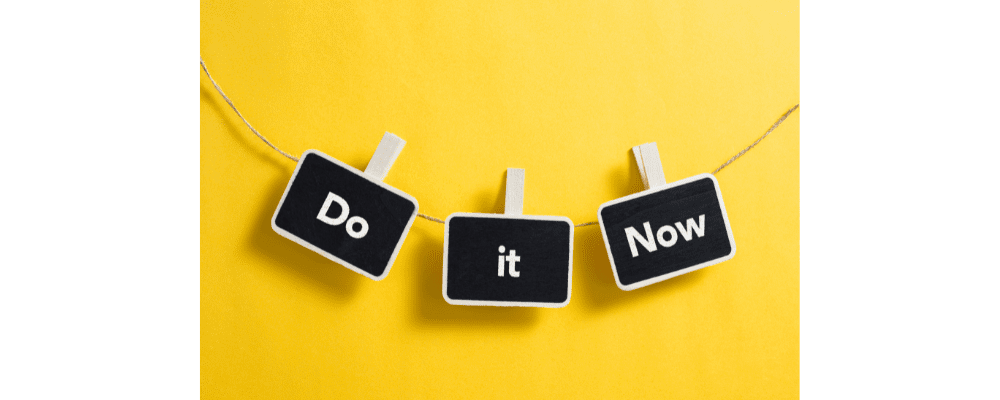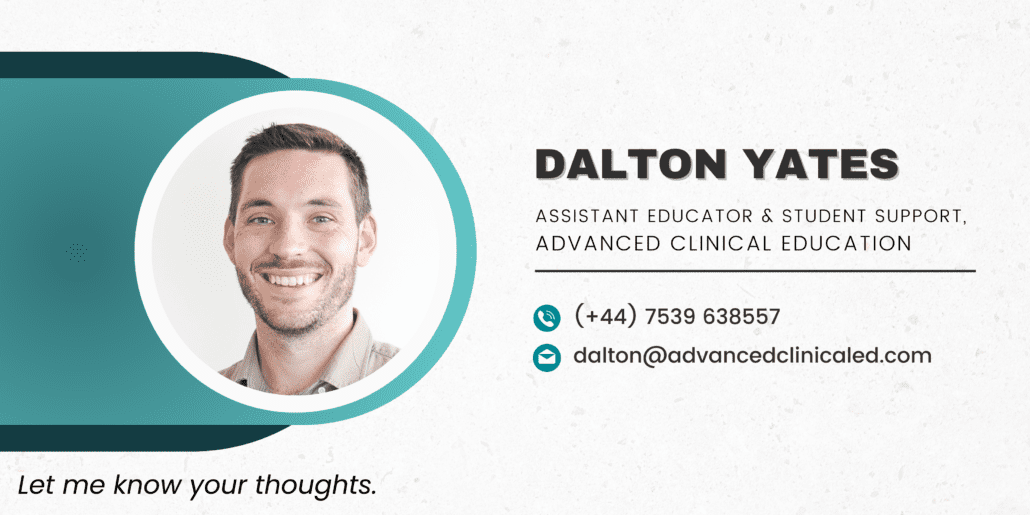My biggest mistake in practice
Here is one of my biggest mistakes that I’ve made in practice, how I addressed it, and a challenge for you to do the same.
I had a patient with hip pain who’d seen several therapists previously. I was not just overconfident in telling her that I could help her achieve her goals, but I also wasn’t very honest in hindsight. Each session I was using positive language that she’d be feeling much better afterwards, we just need to keep trying. I also didn’t give her any idea of an ongoing treatment plan or prognosis. I’d hoped that she was finding it beneficial and found the idea to ask for her feedback and expectations to guide the sessions too daunting as time went on.
You might relate with a patient who I saw on a semi-regular basis that needed to reschedule for family and travel commitments and didn’t make another appointment. I had forgotten to make a call in the first few days after this to check in with him. After a few weeks, the time between our last conversation made the idea of that follow up seem like it was a cold call tactic to get more bookings, rather than the genuine care and enquiry that it was.
Both examples share the mistake that I’d say we’ve all faced at some point in clinical practice, and life more generally – and that is being afraid to act NOW, deciding that NOW is the time.
After more experience and time to reflect on these scenarios, it became clear that the barriers that I thought were stopping me from doing the right thing, really weren’t as big of an obstacle as I thought them to be. I could have asked my patient for her feedback on our sessions and addressed concerns or made the adjustments needed. I could have called my second patient and prefaced that I just wanted to check in on how he was feeling and let him steer the conversation from there. Both are more likely outcomes and much more positive than the scenarios I pictured.
As the Stoic philosopher, Seneca, wrote –
‘…we suffer more in our imagination than in reality.’

I was trying to think what the other person would be thinking. That’s a convoluted idea given that we are two different individuals with our own perspectives, which left me in my own imagined suffering. This can be an endless spiral of guessing other’s reactions instead of the quicker, much simpler method of asking someone for their thoughts or feedback.
Maybe you can relate to the issue of inaction through a different example. I was working at a clinic in a self-employed capacity for the first time. I had to work around the available hours of other staff members which changed from week to week. I had to use their personal branding entirely, and I also didn’t have access to the clinic when I needed to start early or stay late. I realised that I had none of the benefits of being either self-employed or on a contact, but most of the repercussions of both! It took me almost four months to decide to have the conversation with the practice manager that I thought we’d both be better off if I found something that better suited my needs.
When I’ve spent time reflecting more recently and I can identify these moments that I think of some catastrophic outcome, I’ve made the effort to act sooner rather than later. This can be tough if you feel like a perfectionist or want to have a contingency plan built into every scenario. From personal experience though, I can say that it has only given me less stress, and more time to focus on other tasks.
One thing that had helped me change my perspective is a simple, short quote from a mentor –
“Confidence is a verb.”
Apologies to any linguists reading, I know it is a noun. Like any other verb – running, drawing, reading… you can get better at these things with practice. We can’t expect to be exceptional or even comfortable to begin with, but over time we build competency through repetition. Becoming comfortable with confidently taking action is what makes it easier to act sooner rather than later, breaking down the barriers of ruminating negative scenarios.
The last thing I want is for someone to make a brash decision when underprepared. But this consistent issue of imagined suffering forces us to avoid action. Consider what you could do right now to prepare and implement the change you want to see, rather than only what might go wrong.
So, I challenge you to do the thing that you’ve been suffering from in your imagination – post a video to social media without retaking the slip-up for the 19th time. Ask your patient for their feedback, your mentor on how you’re progressing, your boss for a 200% raise, and find that progress is much more common than the imagined suffering we expect to face.
(Just a slight hint of sarcasm and hope in that last one suggestion)


